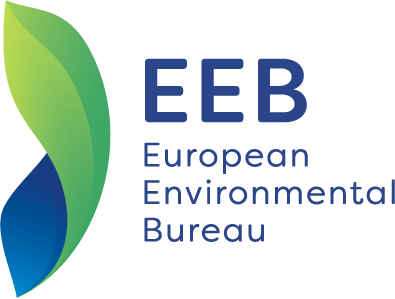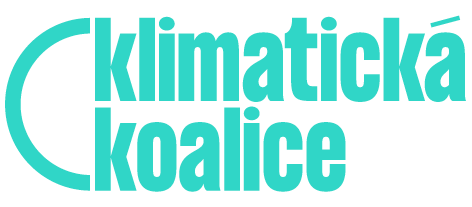ECHA Member State Committee (MSC) endorsed a Code of Conduct for observers on its third meeting held on 3-4 September in Helsinki. These rules will be applied at all meetings of ECHA Committees, the Forum and other networks of ECHA.
Based on the Code of Conduct for observers, each invited stakeholder organisation is asked to nominate for each body concerned one permanent observer who can be accompanied by an expert on the topic(s) of discussion. Stakeholder organisations can thereby contribute tothe technical and scientific debate while ensuring continuity. The rules also explain how these observers can submit documents to committees and get access to the documents circulated by the Secretariat and the members while preserving the confidentiality.
Executive Director Geert Dancet welcomes this code and stressed that “the presence of observers from stakeholder organisations at meetings of Agency bodies and networks will contribute to the transparency and openness of decision-making under REACH and support the information flow between the Agency and the stakeholder organisations”.
In the meantime, several stakeholder organisations have accepted the invitation to participate in the work of the Committees, the Forum or one of the Agency networks and have nominated permanent observers.
The MSC also agreed that its working procedures will be published on ECHA website for transparency. “We hope that this will make it easier to understand what kind of comments received during the public consultation are relevant at this phase when we are dealing with the identification of substances of very high concern for authorisation,” says Anna-Liisa Sundquist, Chair of the Member State Committee. “Comments related to use, exposure, risks and alternatives will be relevant at a later phase, for priority setting.”
At its meeting in October, the MSC will address the first candidates for the list of substances of very high concern for authorisation. EU Member States´ competent authorities submitted until now 16 Annex XV dossiers on identification of substances of very high concern which were subject to public consultation in July and August.


